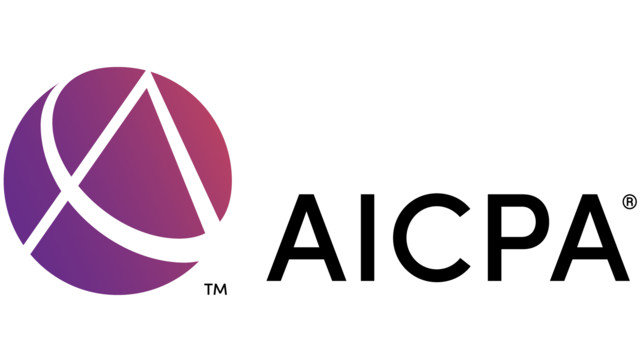The American Institute of CPAs has submitted 150 recommendations to the Internal Revenue Service (IRS) in reference to the agency’s 2020-2021 Guidance Priority List.
Each year, the Treasury Department‘s Office of Tax Policy and the IRS use the Guidance Priority List to identify and prioritize that tax issues that should be addressed through regulations, revenue rulings, revenue procedures, notices and other published administrative guidance. The AICPAs recommendations pertain to guidance projects it believes Treasury and the IRS should consider when addressing these issues.
AICPA’s high priority recommendations relate to guidance on regulations found in the Tax Cuts and Jobs Act (TCJA); the Coronavirus Aid, Relief and Economic Security (CARES) Act; and the Setting Every Community Up for Retirement Enhancement (SECURE) Act. These recommendations address many significant tax issues, including employee retention credits, payroll tax deferrals, Paycheck Protection Program (PPP) loan forgiveness and various aspects of section 199A, virtual currency taxation and international taxation.
Recognizing the complexities and competing interests when drafting guidance, the AICPA urged the IRS to consider the following guidelines as part of the process:
- Use the simplest approach to accomplish a policy goal;
- Provide safe harbor alternatives;
- Offer clear and consistent definitions;
- Use horizontal drafting (a rule placed in one Internal Revenue Code section should apply in all other Code sections) to the greatest extent possible;
- Build on existing business and industry-standard record-keeping practices;
- Provide a balance between simple, general rules and more complex, detailed rules; and
- Match a rule’s complexity to the sophistication of the targeted taxpayers.
Suggestions are listed under the AICPA working group that developed them and recommendations are listed in priority order within category.
Thanks for reading CPA Practice Advisor!
Subscribe Already registered? Log In
Need more information? Read the FAQs




